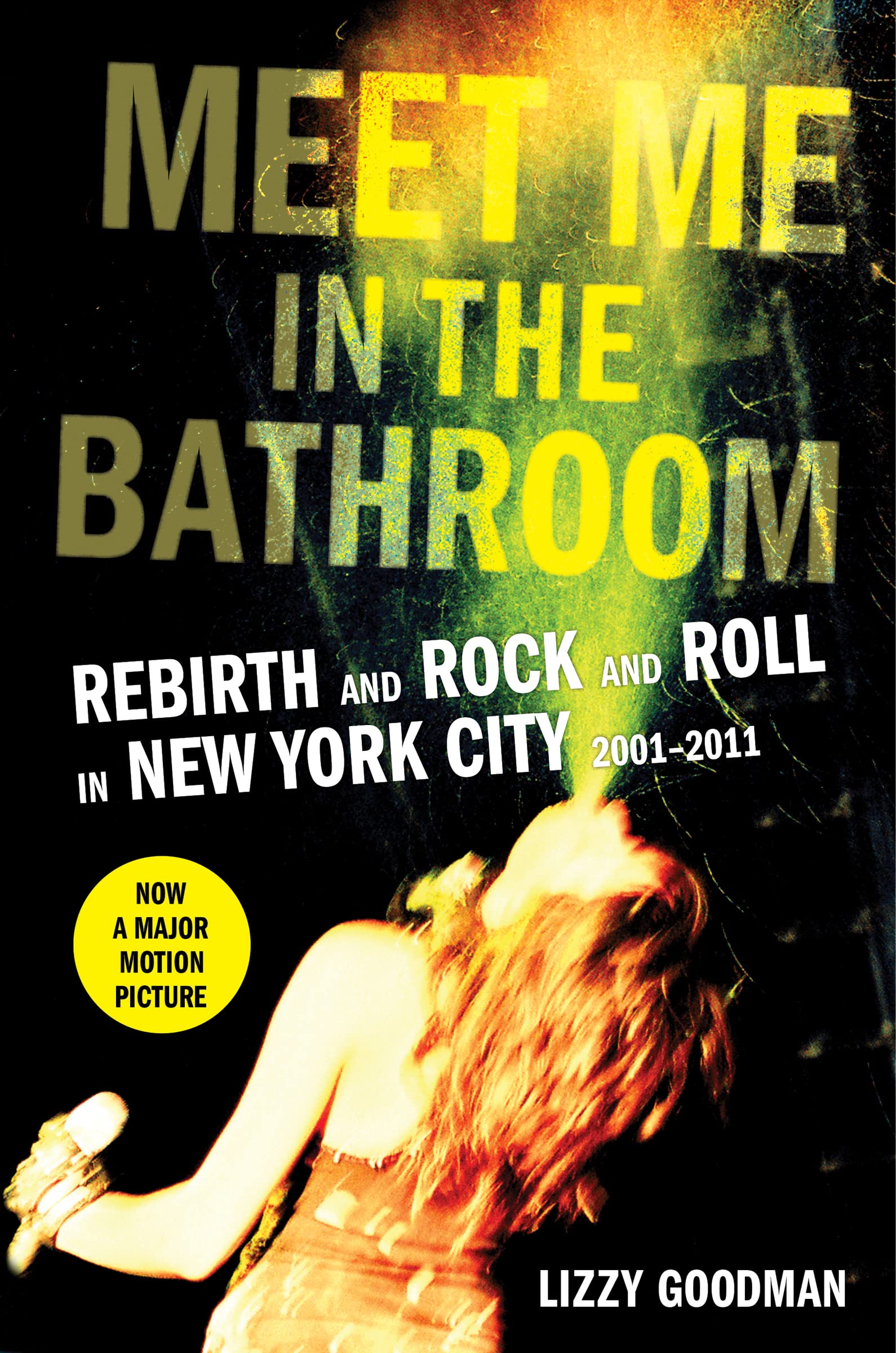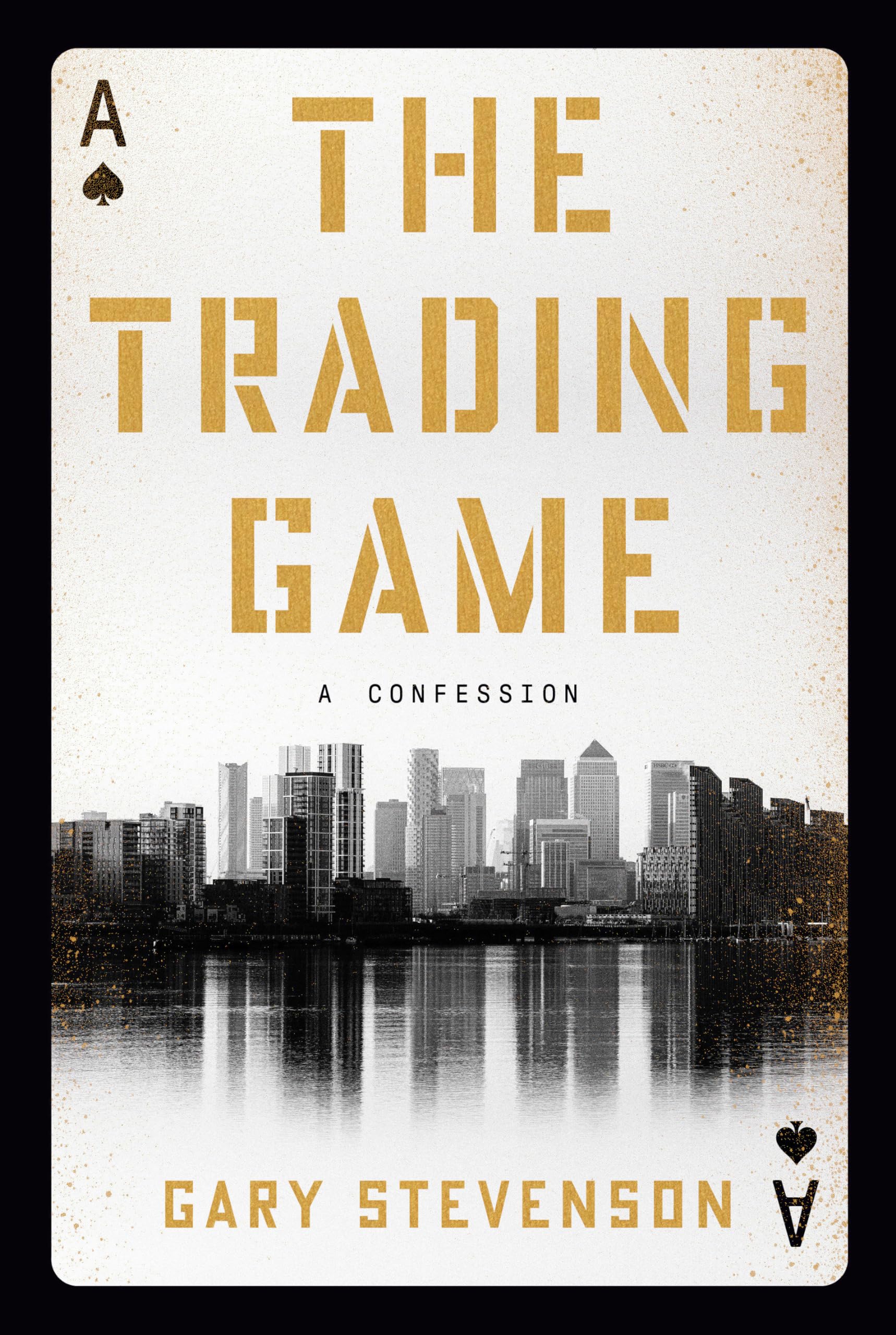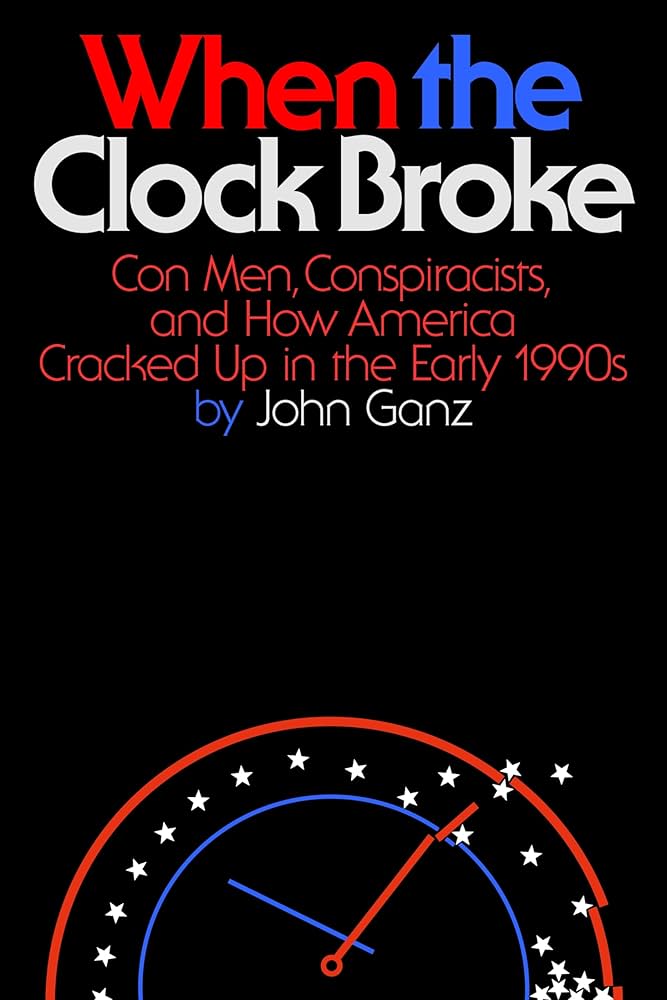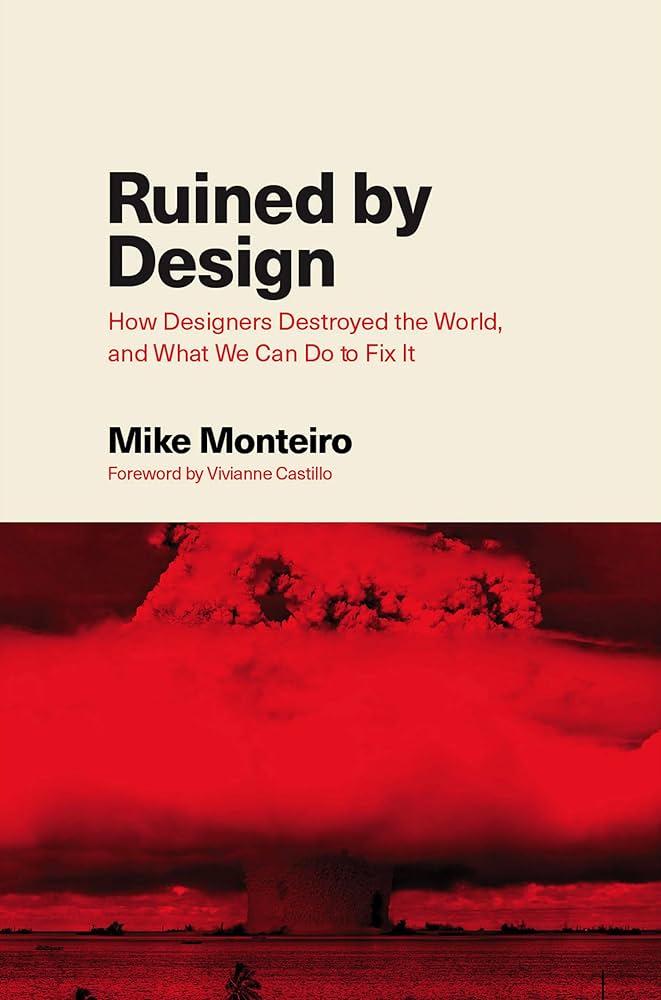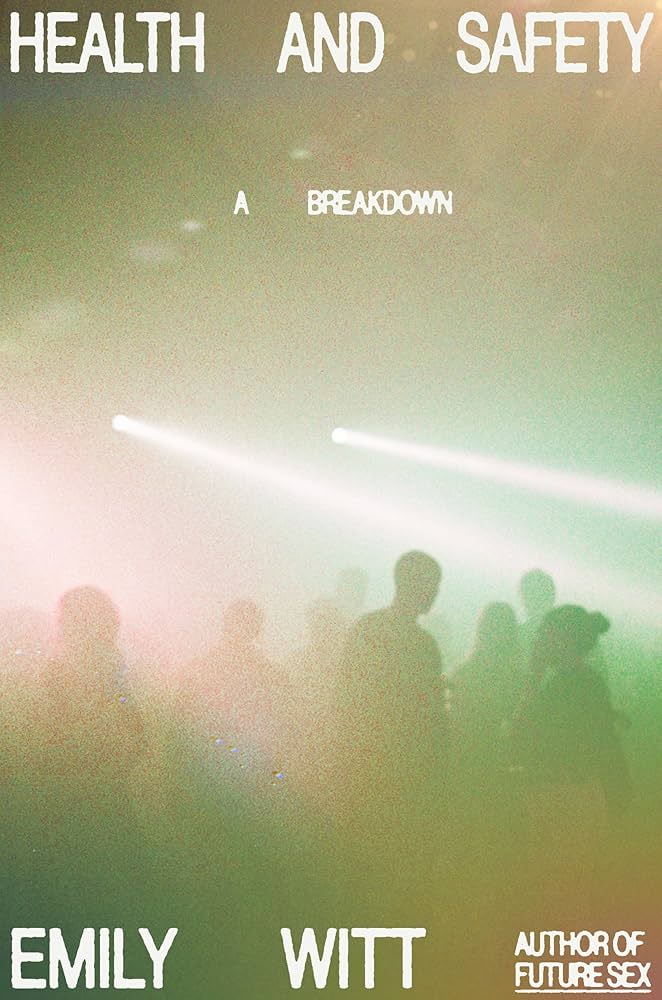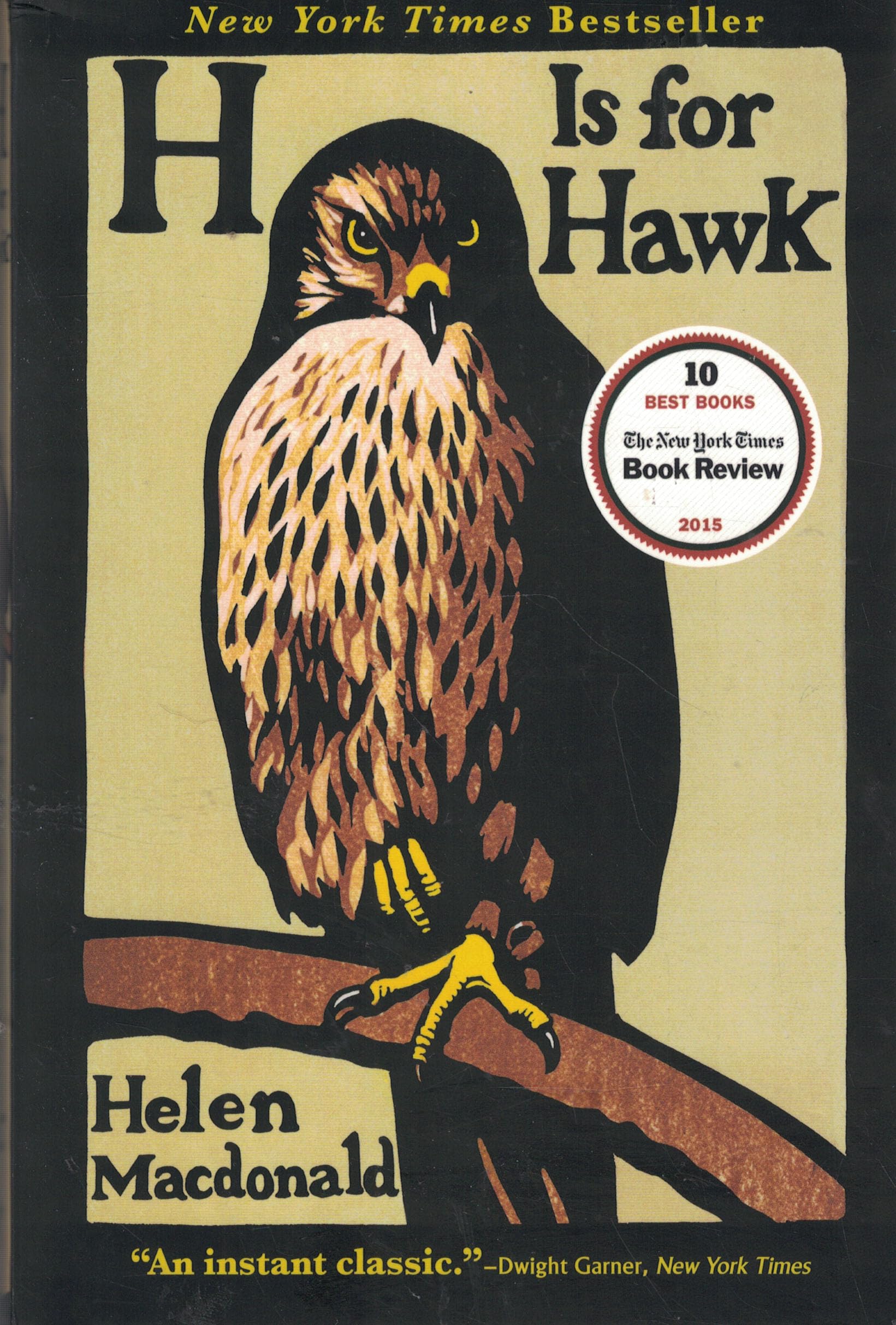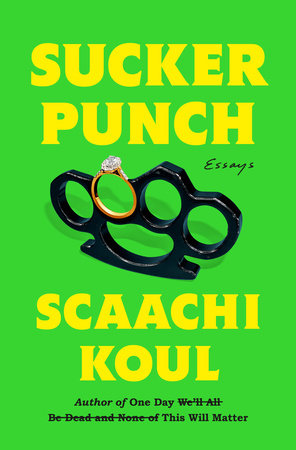For music fans of a certain vintage, this book is absolutely essential. Goodman basically tracks the NYC alt-rock scene between 2000 and about 2006. The big names in this scene were The Strokes, Interpol, the Yeah Yeah Yeahs and James Murphy from LCD Soundsystem, but the supporting cast is every bit as crucial (Kings of Leon, Ryan Adams, Regina Spektor, The White Stripes, TV On the Radio), and sometimes surprising (Moby!?).
The book is an oral history — each chapter reads like a conversation between a handful of writers, musicians, managers and other figures. The cast is huge (the ‘List of Figures’ section at the front of the book runs 3 pages), but the book isn’t confusing.
Obviously Goodman is a fan of the music, and knows the bands and the scene inside out, but that doesn’t stop her from digging into the seedier bits: substance abuse issues, crumbling personal dynamics within the bands, and permanently severed relationships between lifelong friends.
There are a few parts that are almost uncomfortable to read. Ryan Adams comes off like a highly-gifted, terribly insecure lost soul (which gives a lot of weight to the allegations of him being a total dirtbag).
James Murphy comes across as a wildly talented asshole – the book closes with LCD’s “final” performance at MSG, and the book profiles him in a way that makes it pretty clear that he couldn’t stay retired. He lives and breathes for the spotlight. Conor Oberst and Jack White are cast as thoughtful, insightful outsiders, watching the spectacle unfold.
All of this is happening under the looming threat of music piracy – bands that might have had success pre-Napster were selling out live shows but few records, and seeing the record labels responding to the CD market largely disappearing pretty much overnight.
An interesting section late in the book discusses the death of the concept of ‘selling out’. Producer James Barber suggests that the distinction between indie and major labels is a class distinction. In his view, artists that came from affluence could afford to turn down the major labels, then look down their noses at the scrappier artists who took the payday in order to continue to make music, rather than get jobs. Napster and today’s streaming services, of course, killed that concept too, by making it fairly impossible for artists to make money at all, regardless of label.
Overall – if this era in music holds any interest for you, this book will both scratch your itch and lead you to a whole lot of new (old) music. I’m headed to the record shop today to see what I can find. Meanwhile below is an Apple Music playlist with the bands and records that had any more than a passing mention in the book.

